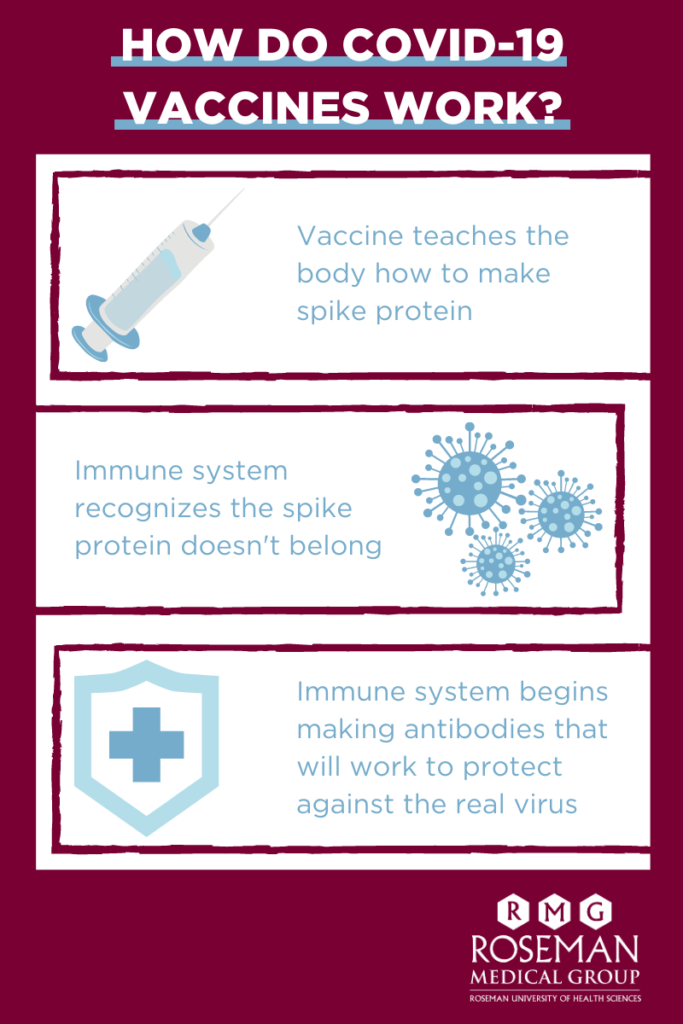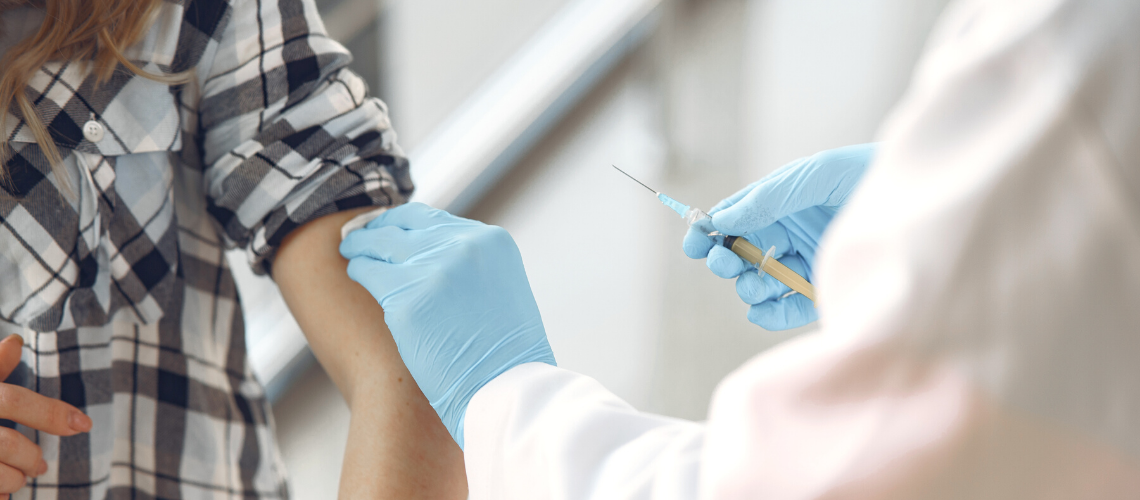At this time millions of Americans have received their first dose of the COVID-19 vaccine, and many have received their second dose. According to the federal data collected by the Centers for Disease Control and Prevention (CDC), more than 75 million doses have been administered in the U.S. While it seems like a significant number, it only accounts for 15 percent of the U.S. population.
As vaccines continue to be distributed and administered, there is still a large population that is hesitant to roll up their sleeves for the shots. According to data from a recent survey by the U.S. Census Bureau, 49 percent of respondents indicated uncertainty about receiving the vaccination. The top reasons cited behind vaccine hesitancy include concerns with possible side effects, planning to wait to see if the vaccines are safe, and the feeling that other people might need the vaccines more right now.
In addition, long-standing universal health and social inequities have placed many people of color at increased risk. According to The COVID Tracking Project, Black people have died at 1.4 times the rate of white people nationwide due to COVID-19. Additional data from the CDC demonstrates striking racial disparities in who is receiving the COVID-19 vaccine. Nationally, more than 15 percent of American adults have received at least the first dose of the COVID-19 vaccine and approximately 8 percent are fully vaccinated – but a disproportionately small number of them are people of color. Locally, we continue to see disparities in our own communities. The March 3, 2021 report from Southern Nevada Health District (SNHD) reported over 352,120 first dose administrations – 39.32 percent White, 18.57 percent Unknown, 13.98 percent Other, 11.55 percent Hispanic, 10.92 percent Asian or Pacific Islander, 5.44 percent Black, and .22 percent American Indian or Alaskan Native.
Removing barriers for vulnerable populations, receiving accurate information from reliable resources, understanding how a vaccination works, knowing the side effects, and having more information on how and where to get vaccinated is key in stopping the spread of COVID-19.
COVID-19 Vaccines
Two COVID-19 vaccines authorized for emergency use have been administered in more than 75 million doses. The Moderna and Pfizer vaccinations which began distribution in the U.S. in December 2020 have over 90 percent effectiveness. Both the Moderna and Pfizer vaccinations are given in two doses and the vaccination is not complete until both doses are received.
- Moderna: 2 shots, one month (28 days) apart
- Pfizer-BioNTech: 2 shots, (21 days) apart
In addition, on February 27, Johnson & Johnson announced that the U.S. Food and Drug Administration (FDA) issued Emergency Use Authorization (EUA) of its single-dose COVID-19 vaccine. The vaccine demonstrated an 85 percent effectiveness from a Phase 3 ENSEMBLE study. Shipments of the vaccine have begun, and Johnson & Johnson expects to deliver enough vaccines by the end of March to enable the vaccination of more than 20 million people in the U.S.
- Janssen COVID-19 Vaccine: 1 shot
How do the COVID-19 Vaccines Work?
The mRNA vaccines utilized for COVID-19 teach the cells in the body how to make a spike protein (a small, harmless piece of the COVID-19 virus) to activate the body’s adaptive immune response. When administered, the cells in the body work to make the spike protein. Once the spike protein is created, it sets off an alert to the immune system to recognize that it does not belong. At which time the immune system begins to make “memory” T-cells and antibodies that recognize the intruder (spike protein). The entire process trains the body how to recognize and destroy the real virus – should it ever encounter it.
The mRNA vaccines were quickly designed, tested, and mass produced because they do not contain live viruses like traditional vaccines – which requires a lengthy process of growing large quantities of infectious viruses and inactivating them. Because the mRNA vaccines do not contain live viruses, they are safer than traditional vaccines.

Are there Side Effects with the COVID-19 Vaccines?
It is typical to have some side effects from the vaccine as the body works to build protection. Side effects may affect the ability to do daily activities but should subside after a few days. Below are the common side effects according to the CDC.
- Injection site reactions: pain, swelling, and redness
- General side effects: fever, chills, tiredness, and headache
Helpful tips if pain or discomfort occur:
- Contact your primary care doctor about taking over-the-counter medicine
- Injection site: a clean, cool, wet washcloth can be applied over the area; using or exercising the arm
- General side effects: drink plenty of fluids and dress in light clothing
It’s important to note that discomfort from fever and pain is normal. If redness or tenderness at the injection site increases after 24 hours or side effects do not seem to subside after a few days contact your primary care doctor or healthcare provider.
How do I get Vaccinated?
Current vaccination efforts are occurring throughout the U.S. It’s important to check with local authorities on the eligibility of COVID-19 vaccination. Effective March 2, 2021, SNHD identified health care workforce (previously in Tier One), Nevadans 70 years and older, Nevadans 65-69 years, public safety and security, frontline community support, and frontline supply chain and logistics as groups that are eligible for COVID-19 vaccination.
If you or someone you know falls within the above groups, book an appointment to get the first dose. Appointments in Southern Nevada can be booked through SNHD or our very own Roseman University of Health Sciences who has joined efforts to administer the COVID-19 vaccines to our communities through the Roseman University COVID-19 Vaccination PODs.
Vaccination is Important
As we continue to see COVID-19 variants emerge around the world, it’s more important than ever to get vaccinated in order to stop the spread and end outbreaks. While Roseman Medical Group is not currently administering COVID-19 vaccines at this time, we are dedicated to providing you with valuable resources to help protect yourself, your loved ones, and the community.
The primary care providers at Roseman Medical Group are dedicated to offering patient-centered care and are here to help you in your health and well-being journey. To schedule an appointment with one of our providers call 702-463-4040.
Updated March 4, 2021 at 11:27am to include “Locally, we continue to see disparities in our own communities. The March 3, 2021 report from Southern Nevada Health District (SNHD) reported over 352,120 first dose administrations – 39.32 percent White, 18.57 percent Unknown, 13.98 percent Other, 11.55 percent Hispanic, 10.92 percent Asian or Pacific Islander, 5.44 percent Black, and .22 percent American Indian or Alaskan Native.”
Article by Kristine Campo


